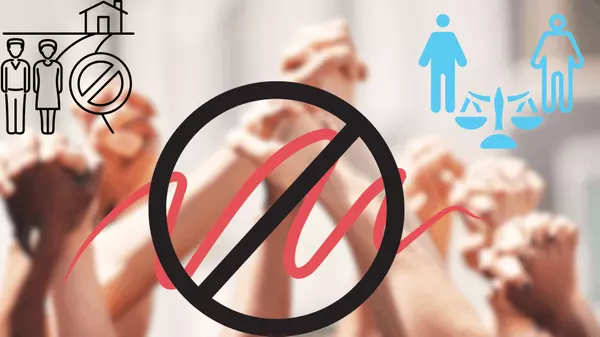Navigating the Latest Trends in Fake Buyers and WhatsApp Scams: Essential Tips for Real Estate Agents

In an era where digital communication is central to business operations, real estate agents increasingly rely on platforms like WhatsApp to connect with potential clients. However, with the convenience of these tools comes the risk of encountering scams designed to exploit unsuspecting professionals. Here’s an in-depth look at the latest scam trends and practical advice to help you identify and avoid falling victim to these schemes.
Emerging Scam Trends: What to Watch For
-
"I’m Looking for a Realtor for My Boss": A common tactic involves receiving texts from someone claiming to represent a high-profile client or "boss" looking to purchase property. These messages often come with a sense of urgency and a refusal to communicate through traditional means like phone calls. The sender might insist on using WhatsApp exclusively, which should raise red flags. Such interactions often lead to requests for personal information or verification codes under the guise of finalizing deals(Text Marketing Services, The Fathom Realty).
-
Unsolicited Text Messages: Another trend is receiving unexpected messages from people claiming to be interested in buying or selling property. These messages may ask if you’re the owner of a specific property or if you’d like to sell your home. Sometimes, they’ll offer a loan to help you avoid foreclosure, requesting sensitive information like bank details or even a copy of your ID. These are classic phishing attempts designed to steal personal and financial information(Text Marketing Services).
-
Frequent Changes in Buyer Requirements: Scammers might express interest in various properties, constantly changing their criteria. Today, they might want a downtown condo, but tomorrow it’s a suburban home. This indecisiveness is a sign that they have no genuine intent to purchase. They might drag out interactions, wasting your time and resources, or even use property viewings as a cover for scouting homes for criminal activities(BeGreat).
-
Google Voice Verification Scams: One particularly concerning scam involves the request for a Google Voice verification code. The scammer might claim they need this code to finalize a deal or verify your identity, but in reality, they use it to hijack your online accounts. Never share verification codes sent to your phone, especially with someone you’ve only communicated with online(Boise Regional REALTORS).
-
Pressure to Accept Unusual Payment Methods: Scammers often push for payment through unconventional means like cryptocurrency or wire transfers to offshore accounts. They may offer to pay above market value or make exaggerated claims about their financial situation. Such requests should be met with caution, as these payment methods are difficult to trace and recover once the transaction is complete(The Fathom Realty).
Best Practices to Protect Yourself
-
Verify Identities: Always insist on verifying the identity of potential buyers. This can include requesting government-issued identification, proof of funds, or pre-approval letters from a reputable lender. Utilize online tools and resources to cross-check the information provided by the buyer(The Fathom Realty).
-
Use Secure Communication Channels: While WhatsApp is convenient, avoid sharing sensitive information through the platform. Encourage clients to use encrypted emails or secure phone calls for discussing financial transactions or legal matters(The Fathom Realty).
-
Conduct Due Diligence: Before proceeding with any transactions, take the time to research the buyer’s background. Look for inconsistencies in their story or behavior, such as frequently changing requirements or an unwillingness to meet in person(BeGreat).
-
Educate Your Clients: As a real estate professional, you can help protect your clients by educating them about these scams. Regularly send out updates about the latest scam trends and advise them never to share personal or financial information through unsecured channels(Text Marketing Services).
-
Trust Your Instincts: If something feels off about a potential buyer, it’s important to trust your instincts. Take a step back, consult with colleagues, and don’t hesitate to walk away from a deal if you suspect it might be fraudulent(BeGreat).
By staying informed and vigilant, you can protect yourself and your clients from the growing number of scams targeting the real estate industry. Remember, the best defense is a proactive approach—educate yourself, implement strict verification processes, and always proceed with caution when dealing with potential buyers online.

GET MORE INFORMATION




